On May 23 and 24, 2018, Uganda was host to the Africa Blockchain Conference. The event succeeded in bringing together a mix of blockchain entrepreneurs, policymakers, academics, cryptocurrency enthusiasts, and investors to discuss opportunities and use cases for the blockchain in Africa.
The event was held at the Kampala Serena Hotel Conference Centre and was organised by the Blockchain Association of Uganda in partnership with the Binance Foundation, Uganda‘s Ministry of ICT & National Guidance and CryptoSavannah.
The Potential for the Blockchain in Africa
 The conference began on the morning of May 23 with a registration and networking session amidst tight security. Delegates were seated by 9am for a welcoming address from Kwame Rugunda, the Chairman of Blockchain Association of Uganda.
The conference began on the morning of May 23 with a registration and networking session amidst tight security. Delegates were seated by 9am for a welcoming address from Kwame Rugunda, the Chairman of Blockchain Association of Uganda.
He proceeded to welcome the first keynote speaker Euvin Naidoo, the Head of Financial Institutions, Thomson Reuters. Naidoo‘s talk was focused on blockchain technology and the 4th Industrial Revolution disruption.
He defined blockchain technology as “trust that is distributed” and said that the blockchain is trying to solve the Byzantine’s generals problem. Naidoo explained that with distributed ledgers the issue of double counting was solved by algorithms and computing power. According to him, the rise of decentralised technologies would complement the use of firewalls since protection is in a distributed format.
Most importantly, Naidoo explained what IoT (Internet of Things) would mean for the future. “We are in a world of the Internet of decentralized autonomous things. The Internet of Things is growing exponentially and with that KYM (Know-Your-Machines) becomes more important to establish trust between machines,” he stated. He asserted with the advent of IoT, KYC (Know-Your-Customer) and KYM was important to scaling the Internet of Things.
In closing, he summarised that blockchain technology would usher in trust and make local systems more efficient. He added,
“In the old world, the big fish ate the small fish in the new world the fast fish will eat the slow fish […]. We are in the world of the agile thinker.”
The second keynote address was from Dr Bitange Ndemo, the Chairman of the Kenya Blockchain and AI Taskforce. Ndemo expounded on the role of blockchain technology in Africa’s transformation. He set the tone of the conference with the proclamation “Nobody can develop Africa but Africans.” A sentiment that was shared by other speakers and panelists. He explained that blockchain technology would streamline supply chains to reduce food waste in the continent, build a vibrant creative economy, create wealth, make governments more efficient and reduce corruption.
“Blockchain works well to eliminate the middlemen,” he asserted. Ndemo also mentioned that Kenyan authorities were working to build a trusted identity platform for government agencies to make it easy to identify and share information about citizens.
His speech gave way to a panel discussion on how blockchain is changing government and business in Africa. The two keynote speakers were included in the panel alongside Christoper Bates, CSO of BitLand, Louise Wigget, Executive Director at Global Trade Solutions, and Leonardo Gammar, CEO of Agora. The panel discussed the need for African solutions for African problems by drawing on blockchain use cases from their respective fields and industry.
According to Ndemo, blockchain technology could democratise government data and promote transparency thus leading to trust between governments and their people. Naidoo reiterated the same reminding the audience how the public lost faith in financial institutions after the 2008 economic crisis, but blockchain technology could change that by offering people more control over how their data is disseminated and used.
The Panel discussion was interrupted by the arrival of two distinguished guests: the President of Uganda, H.E President Yoweri K. Museveni and Ameena Gurib-Fakim, the former President of Mauritius. They were welcomed by the Chairman of the Blockchain Association of Uganda and the agenda shifted to opening ceremonies with Uganda‘s Minister of Communication, Frank Tumwebaze, making remarks before inviting Emmanuel Tumusiime-Mutebile, the Governor of the Bank of Uganda onto the stage.
The Central Bank of Uganda Excerises Caution
With many in the audience eager to hear the central bank’s position on cryptocurrencies, the governor’s speech was a repetition of the negative stance taken by most regulators in Africa and across the globe. He lectured the audience on the basics of money and economics then went ahead to clarify the Bank’s position on cryptocurrencies stating: “Money is a medium of exchange, a measure of value, a store of value … it will be risky to invest in cryptocurrency that is unregulated and undermines the role of central banks.“ He insisted that cryptocurrencies to not have the privilege of a legal tender and anyone investing in them was doing so at their own risk.
His comments seemed to dampen the mood for delegates who were hoping for positive news from policymakers regarding the use of cryptocurrencies. However, the next keynote speaker Frank Tumwebaze, the Ugandan Minister of ICT, took a more reconciliatory tone and announced the setting up of an advisory task force to review the benefits of blockchain technology and cryptocurrencies. Tumwebaze reminded the policymakers that if they ignored technology, others would take it up and it would end up disrupting them.
“The task force will explore the advantages of (blockchain) technology as well as assess the challenges and advise the government on how to harness fully the opportunities, and how to mitigate the challenges….and you can be assured the view of the governor will be and must be represented on this task force,” he stated.
His speech was followed by a keynote address from former president Ameenah of Mauritius, who gave a useful case study of blockchain technology being used to identify and keep records of plant varieties.
Uganda‘s President Endorses the Blockchain
Finally, President Museveni took to the podium and gave a differing opinion to that of his Central Bank Governor. He dismissed the governor’s old school of thought as irrelevant in this day and age but instead encouraged him to be “inquisitive and not be dogmatic.”
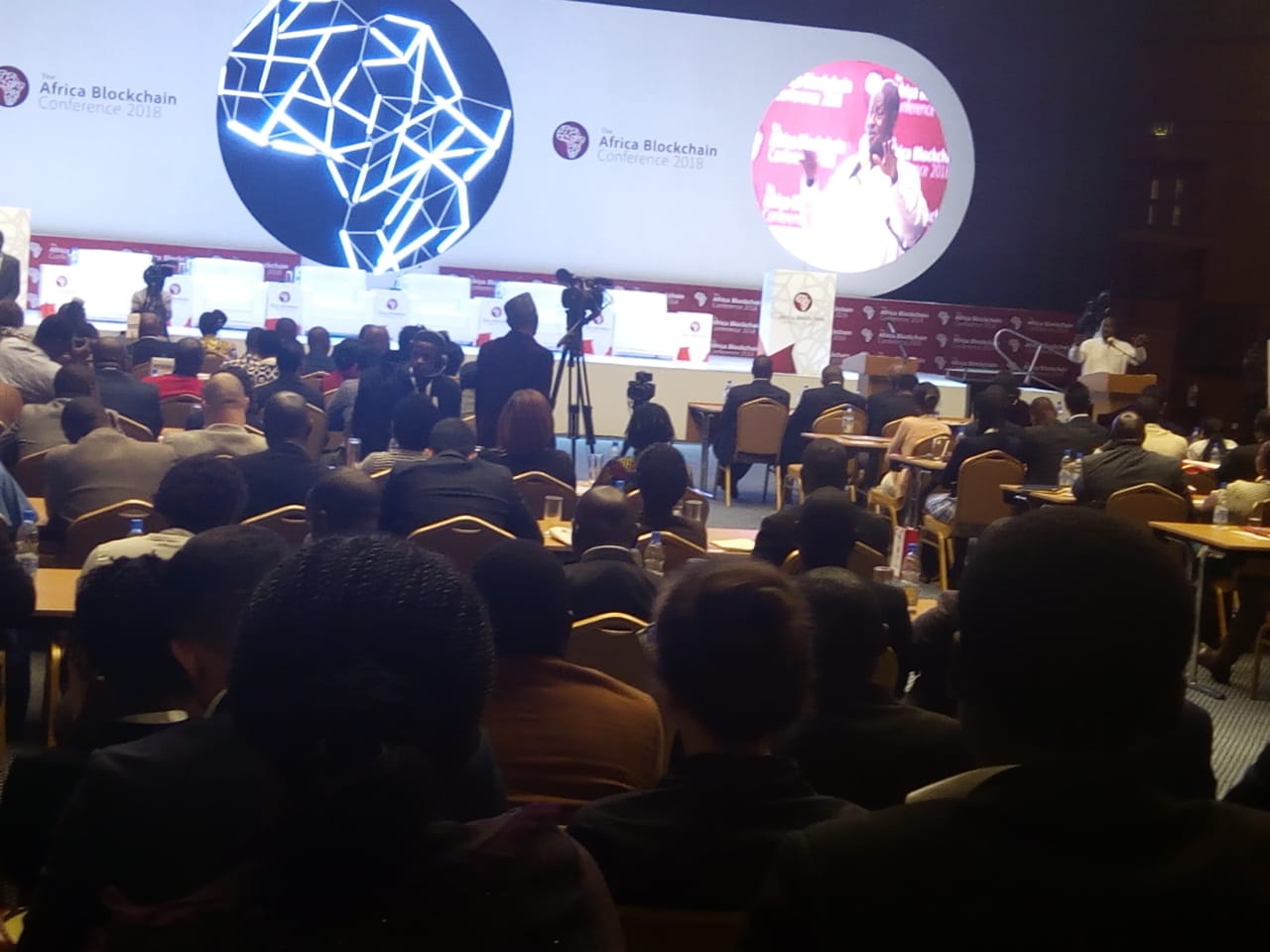 His positive sentiments were well received by the audience and would become the greatest highlight of the conference. Museveni proceeded to explain the development of money from its rudimentary form thousands of years ago to the present fiduciary system controlled by central banks. He likened blockchain technology to the cooperative movement, where people work together for a common goal and anyone who breaches the group’s trust is expelled.
His positive sentiments were well received by the audience and would become the greatest highlight of the conference. Museveni proceeded to explain the development of money from its rudimentary form thousands of years ago to the present fiduciary system controlled by central banks. He likened blockchain technology to the cooperative movement, where people work together for a common goal and anyone who breaches the group’s trust is expelled.
He gave an example of how the cooperative movement in Uganda failed because the few who had the knowledge took advantage of the many who were illiterate. However, with the blockchain, all participants in the movement would be equally knowledgeable and thus have a stake in the platform. While he acknowledged the Governor’s cautionary approach to digital currencies and admitted the need for further discourse. He believes the convergence of blockchain technology in areas such as food production, manufacturing, service industry, etc. would be useful.
“Blockchain technology will go a long way in providing important solutions to record management in areas of land, finances, revenue, health and public,” President Museveni stated.
He believed Africa was ready for the digital age. With those few remarks, the president officially opened the conference amidst applause from delegates.
African Blockchain Use Cases
The afternoon programme had presentations on use case demos from InfiniChains and Blockchain Technologies Africa on their track and trace solution to prevent counterfeit drugs in Uganda. Another interesting use case was from Bitland, who are using blockchain for land titles registry in Ghana and Mauritius and looking to enter the Ugandan Market. Bitland CSO, Christopher Bates stated, “Bitland is a land registry application on blockchain that maintains immutable decentralised and distributed land records.”
There was also a keynote address from Urs Arbischer, Swiss Impulse, focused on the opportunity for Africa on the global economy. He stressed that for blockchain projects to succeed in Africa they would have to find sustainable ways of funding. Ultimately, Arbischer believed that education would also play a crucial role if the blockchain revolution is to succeed in the continent.
“In order to make Africa successful, we need to create a mentoring and coaching infrastructure for the next wave of entrepreneurs.”
The day came to a close with breakout sessions involving speakers and panelists discussing various topics and networking amongst themselves. There was also a pitch competition organised by Binance Foundation and CryptoSavannah and moderated by Aggie Konde, CEO of Msingi.
Kwame Rugunda, the Chairman of the Blockchain Association of Uganda, shared his thoughts on the conference at a press briefing:
“I would like to encourage us to take keen interest and learn as much as possible (from international experts) even when they are no longer here we can continue to share the knowledge with others, on top of sharing it, we can apply it because blockchain has numerous applications.”
Blockchain Regulations and Crafting Policy
Day two of the conference had a number of notable keynote speeches and panel discussions centered around blockchain regulations and how the technology is being applied on the continent.
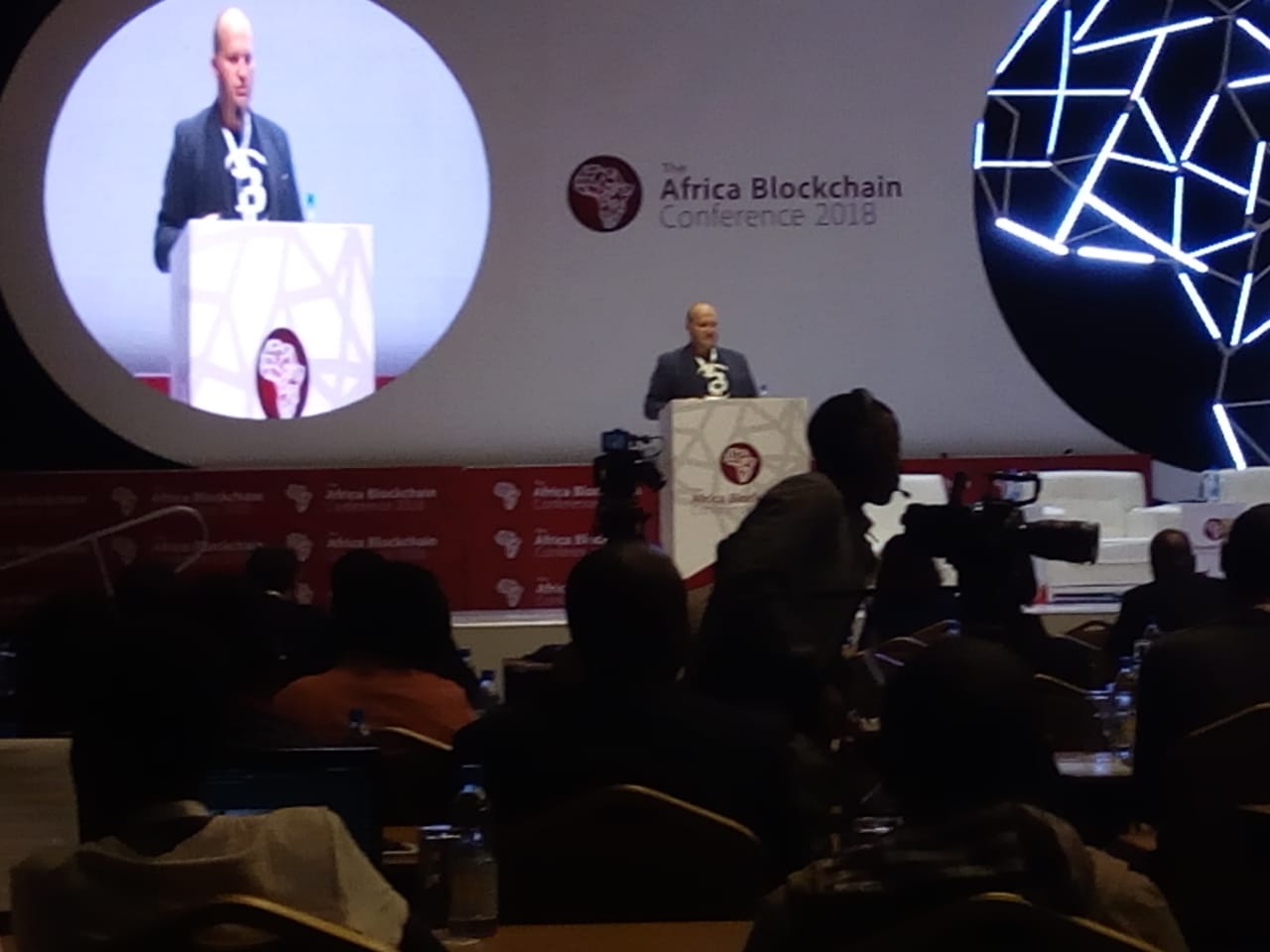 Among them was a keynote address from Llew Claasen, Executive Director of the Bitcoin Foundation, which was focused on demystifying blockchain, bitcoin, and cryptocurrency. He admitted while cryptocurrencies and blockchain technology had many beneficial uses the reality was with any emerging technology they would always be potential for misuse. He gave an example of regulators in the US who are clamping down on cryptocurrencies and ICOs on the basis of the potential dangers and ignoring the achievements so far.
Among them was a keynote address from Llew Claasen, Executive Director of the Bitcoin Foundation, which was focused on demystifying blockchain, bitcoin, and cryptocurrency. He admitted while cryptocurrencies and blockchain technology had many beneficial uses the reality was with any emerging technology they would always be potential for misuse. He gave an example of regulators in the US who are clamping down on cryptocurrencies and ICOs on the basis of the potential dangers and ignoring the achievements so far.
“What we are fighting for all the time is to say to regulators around the world, just wait! Just be patient we don’t even know what this stuff is ourselves,” he stated.
“Half the world population cannot be served by the current financial system. Blockchain gives us more option” he added. His sentiments were echoed by Alexia Hefti, Blockchain Tax Lead, Deloitte Canada who gave a talk on setting up the right regulation for a successful blockchain ecosystem.
She was of the opinion that we need legal frameworks that promote cryptocurrency and blockchain innovation but allow protection of consumers. Hefti gave examples drawing from her experience in the cryptocurrency space as a tax and regulation expert of countries that have come up with ways to govern digital currencies, ICOs and blockchain development without slowing down their progress. She stressed how regulatory sandboxes have been useful in a number of countries in helping regulators map out legal frameworks for blockchain technology.
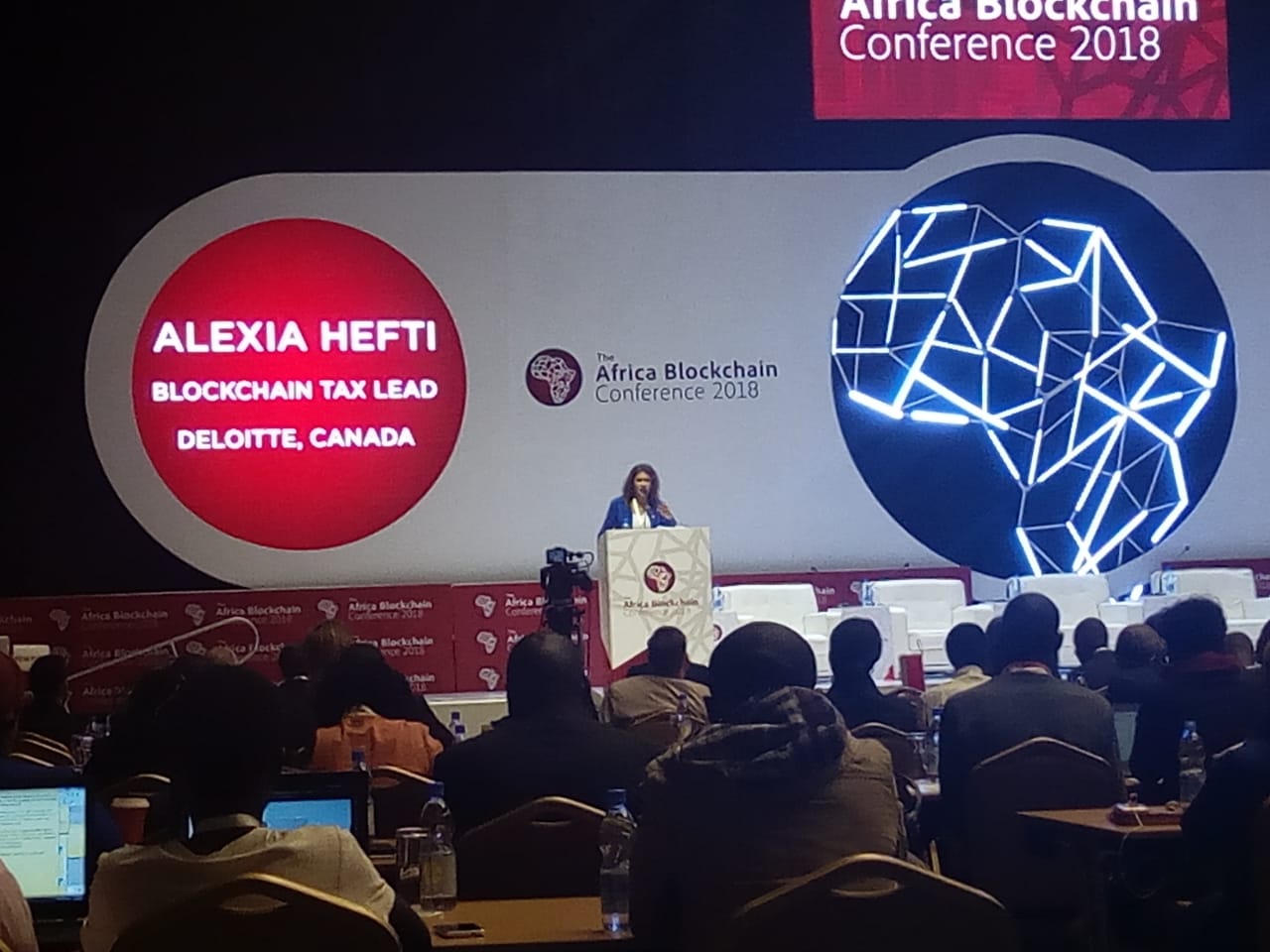
The discussion moved to a panel on regulation, tax, and policy that included a number of experts in the financial, legal and blockchain space.
Roland Haggins, Director, CARICOM, Barbados said: “Some regulators are taking a wait and see approach to not doing anything, that creates regulatory uncertainty, which is not necessarily good for these companies, businesses, and foundations. But some jurisdictions….have taken the lead by being agile and very vocal, they want to attract these businesses to their jurisdictions and as a result, they are receiving foreign investment and providing jobs.” he asserted.
In her contribution to the panel, Hefti also stated: “I think what is important from a Ugandan perspective when it comes to regulation…which area are we going to regulate? Trying to regulate every area makes no sense, are we going to be the country for crypto exchanges, are we going to be the country where ICO’s will occur in Africa, are we going to be the country for funds, where are we going to focus?”
Ultimately, the panelists agreed that self-regulation would be a first step towards allowing the markets to mature before establishing more structured legal frameworks.
Pitch Competition and Guest Speaker
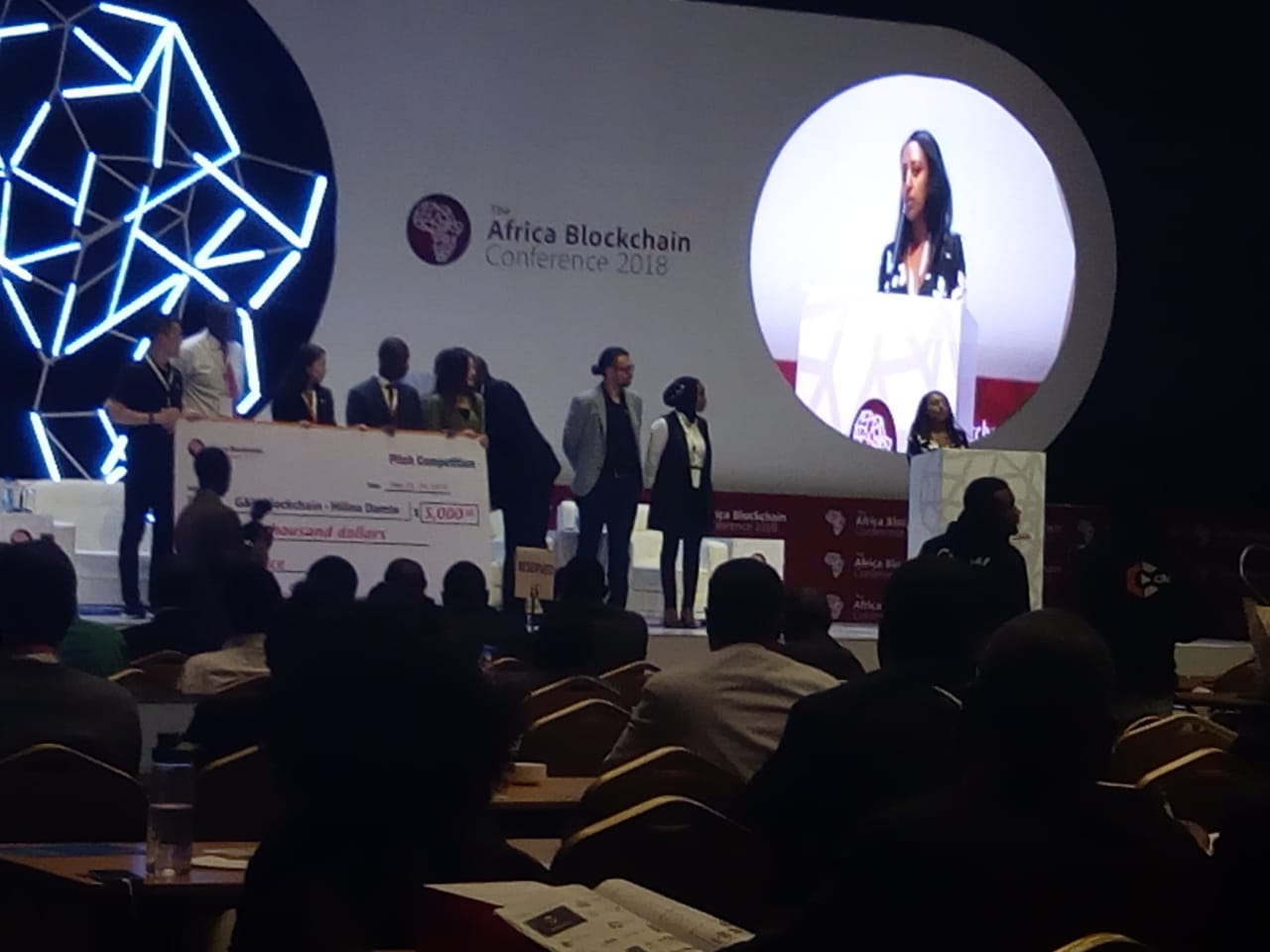 As the conference drew to a close the winners of the pitch competition where announced by representatives from CryptoSavannah and Binance. The winner of the competition was Hilina Damte of G&H blockchain who walked away with a $5,000 cash prize. This was followed by a highly anticipated speech from Changpeng Zhao, Founder, and CEO of Binance, a leading cryptocurrency exchange worldwide and official sponsor of the event.
As the conference drew to a close the winners of the pitch competition where announced by representatives from CryptoSavannah and Binance. The winner of the competition was Hilina Damte of G&H blockchain who walked away with a $5,000 cash prize. This was followed by a highly anticipated speech from Changpeng Zhao, Founder, and CEO of Binance, a leading cryptocurrency exchange worldwide and official sponsor of the event.
His talk was focused on what blockchain and cryptocurrencies can do for developing nations. He gave an example of how the sponsorship payment for the conference was done in cryptocurrency and transferred across a blockchain and received in good time by the organisers and at low cost. He joked if the same payment was made using banks perhaps the funds would not have arrived by the start of the conference.
Zhao took the audience through the Binance crypto exchange and some of its new initiatives that are being rolled out. He voiced his support for ICOs as means for raising funds for local startups and promoting technological development in Africa. He encouraged regulators in the continent to come up with favourable rules to promote this alternative means of funding citing countries where proper legal frameworks were drawing startup projects from around the globe to those locations.
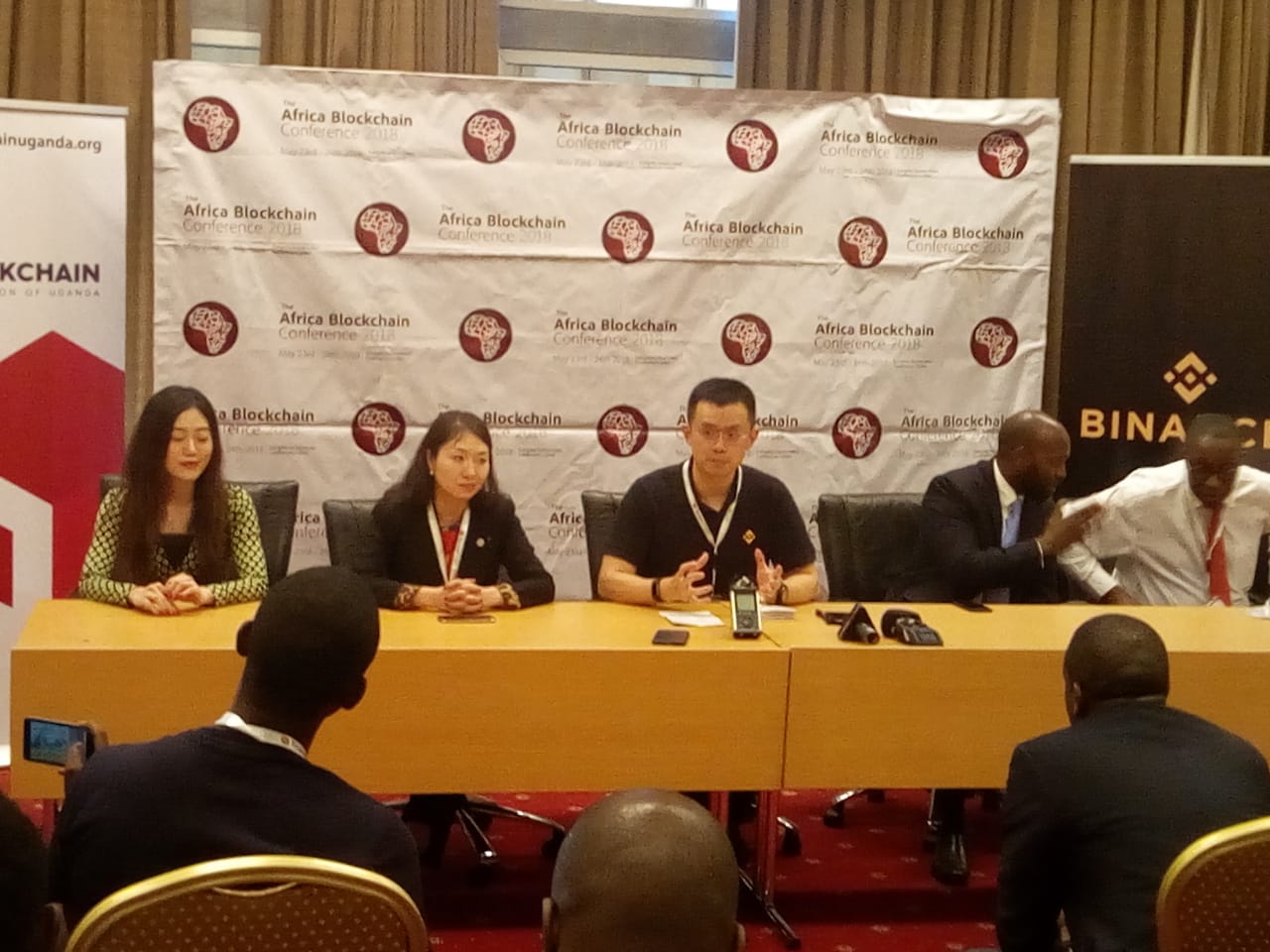 On what Binance’s aims to achieve in the long run, Zhao said:
On what Binance’s aims to achieve in the long run, Zhao said:
“We believe that giving people access to cryptocurrency increases every individual’s freedom.”
With those remarks, he invited questions from the audience and later from the press in attendance. The conference closed with speeches from Mr Patrick Mweheire, CEO Stanbic Bank and Chairman of the Uganda Bankers Association and Hon. Frank Tumwebaze, Minister of ICT.
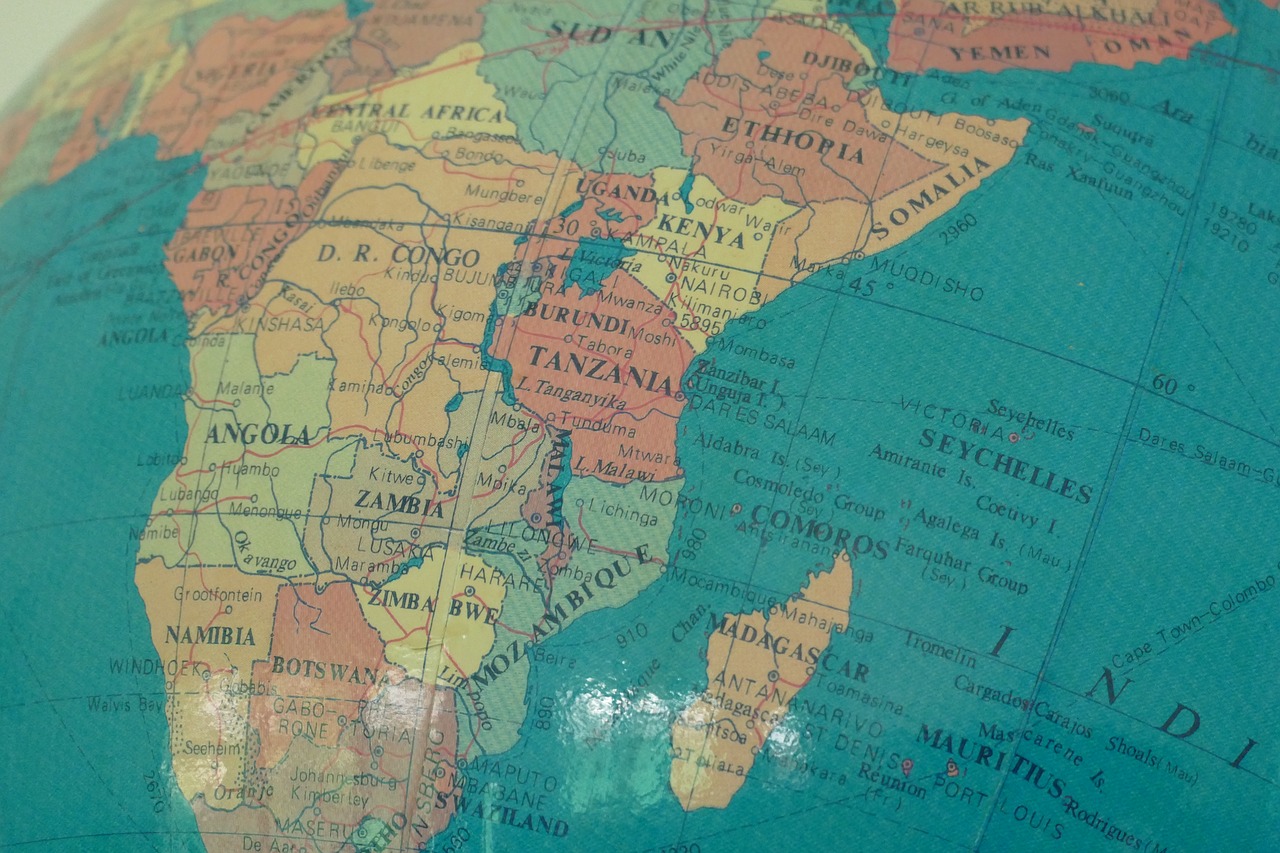

 News1 year ago
News1 year ago
 News2 years ago
News2 years ago
 News3 years ago
News3 years ago
 News2 years ago
News2 years ago
 News2 years ago
News2 years ago
 Sponsored Posts3 years ago
Sponsored Posts3 years ago
 News2 years ago
News2 years ago
 News2 years ago
News2 years ago
 The conference began on the morning of May 23 with a registration and networking session amidst tight security. Delegates were seated by 9am for a welcoming address from Kwame Rugunda, the Chairman of Blockchain Association of Uganda.
The conference began on the morning of May 23 with a registration and networking session amidst tight security. Delegates were seated by 9am for a welcoming address from Kwame Rugunda, the Chairman of Blockchain Association of Uganda. His positive sentiments were well received by the audience and would become the greatest highlight of the conference. Museveni proceeded to explain the development of money from its rudimentary form thousands of years ago to the present fiduciary system controlled by central banks. He likened blockchain technology to the cooperative movement, where people work together for a common goal and anyone who breaches the group’s trust is expelled.
His positive sentiments were well received by the audience and would become the greatest highlight of the conference. Museveni proceeded to explain the development of money from its rudimentary form thousands of years ago to the present fiduciary system controlled by central banks. He likened blockchain technology to the cooperative movement, where people work together for a common goal and anyone who breaches the group’s trust is expelled. Among them was a keynote address from Llew Claasen, Executive Director of the
Among them was a keynote address from Llew Claasen, Executive Director of the 
 As the conference drew to a close the winners of the pitch competition where announced by representatives from CryptoSavannah and Binance. The winner of the competition was Hilina Damte of G&H blockchain who walked away with a $5,000 cash prize. This was followed by a highly anticipated speech from Changpeng Zhao, Founder, and CEO of Binance, a leading cryptocurrency exchange worldwide and official sponsor of the event.
As the conference drew to a close the winners of the pitch competition where announced by representatives from CryptoSavannah and Binance. The winner of the competition was Hilina Damte of G&H blockchain who walked away with a $5,000 cash prize. This was followed by a highly anticipated speech from Changpeng Zhao, Founder, and CEO of Binance, a leading cryptocurrency exchange worldwide and official sponsor of the event. On what Binance’s aims to achieve in the long run, Zhao said:
On what Binance’s aims to achieve in the long run, Zhao said:



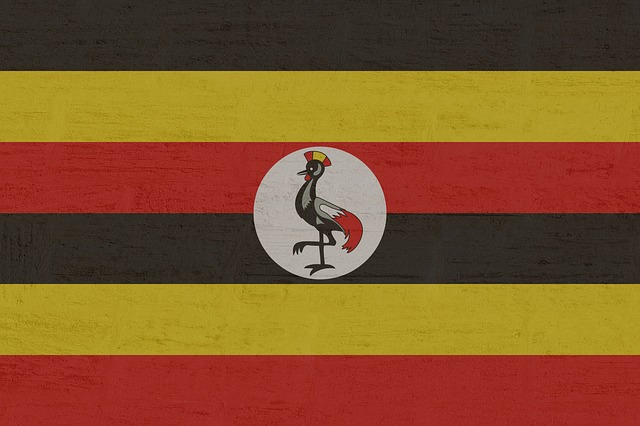
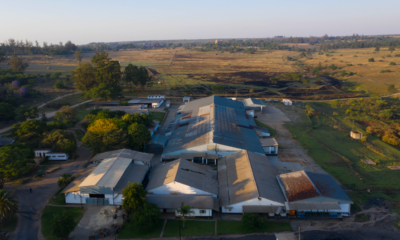







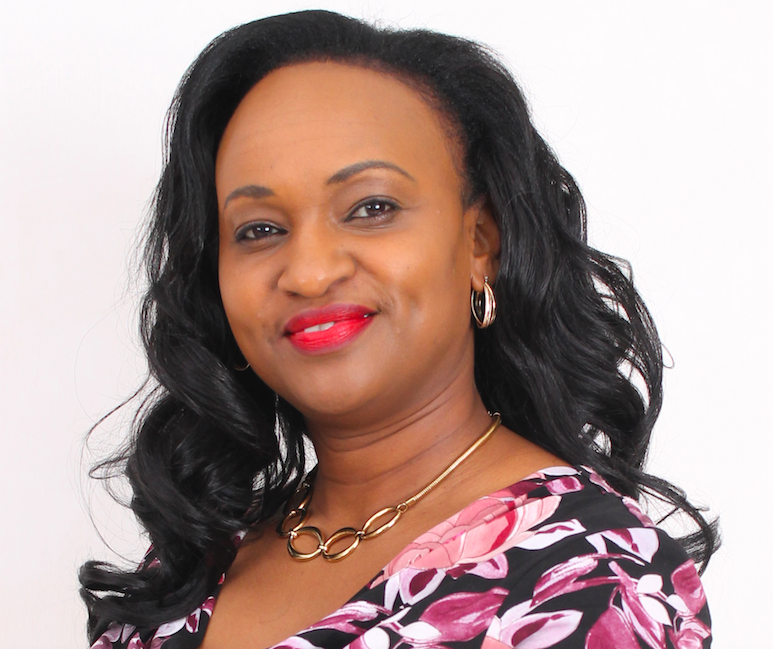
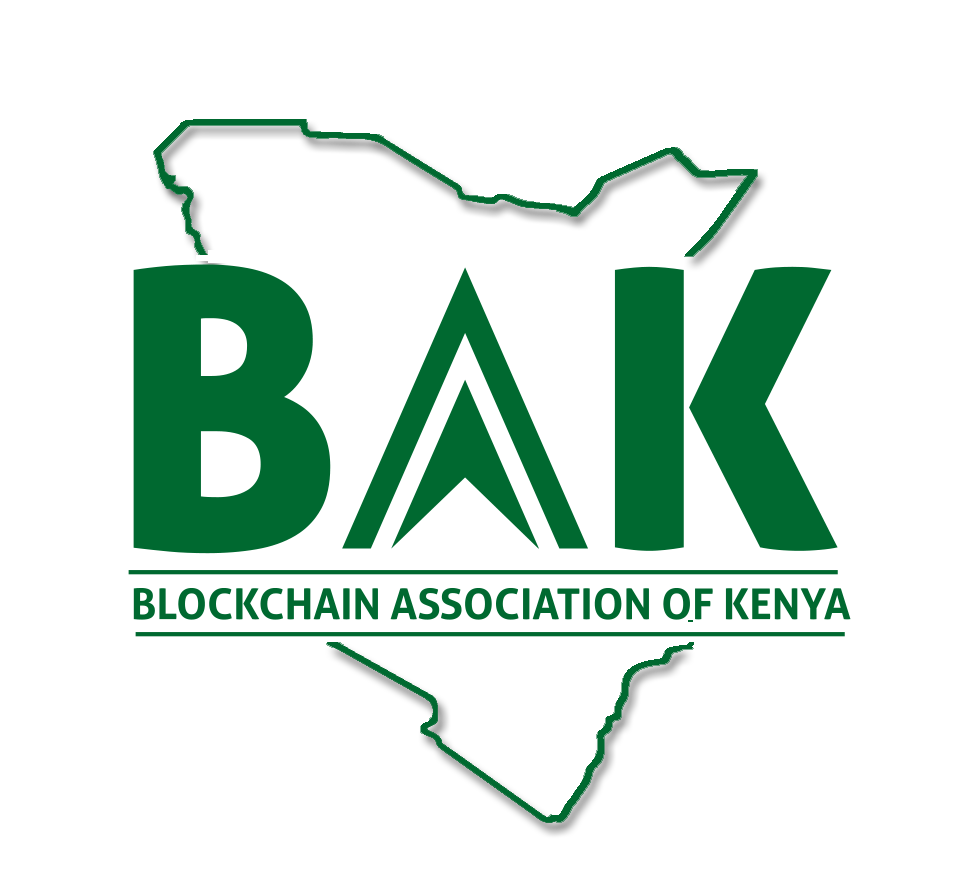 Since it was registered in 2017 as a non-profit, the
Since it was registered in 2017 as a non-profit, the 

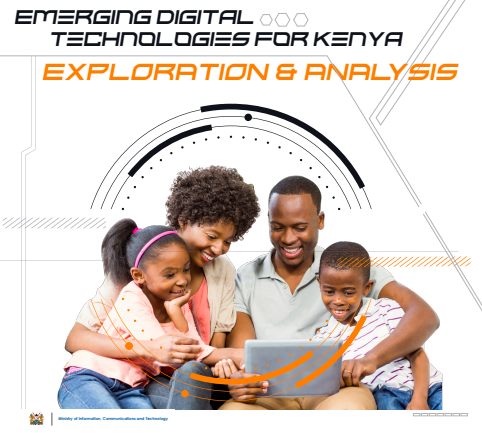
 Some of the target implementation areas for blockchain and AI include the Ministry of Lands, Huduma Centres where important documents are issued, and the Ministry of Transport.
Some of the target implementation areas for blockchain and AI include the Ministry of Lands, Huduma Centres where important documents are issued, and the Ministry of Transport.







